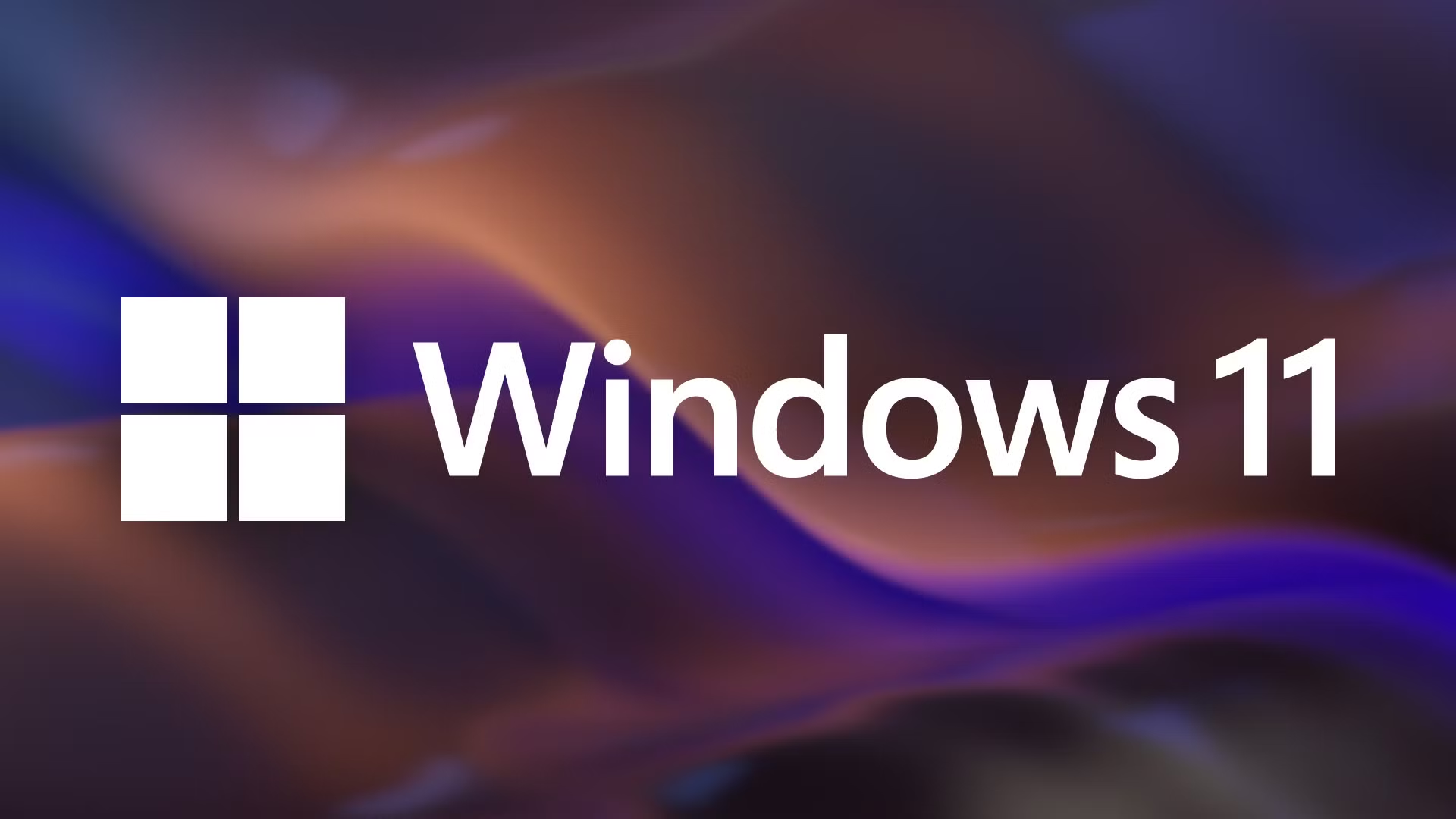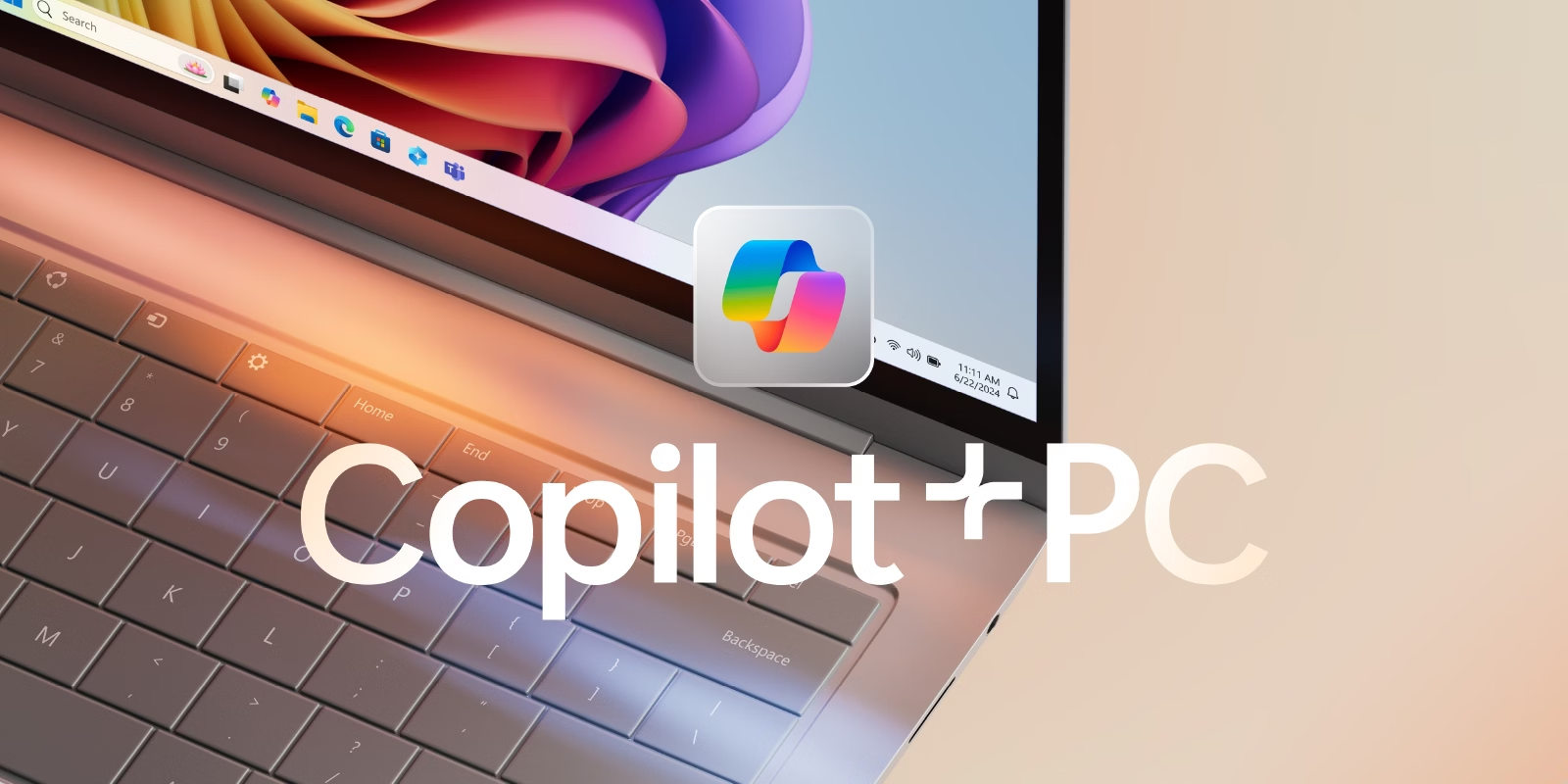
Truth be told, LG phones have not been the most popular around the globe, especially the West. In addition, the company is allegedly leaving the Chinese market, and its presence locally is worse since the company’s Kenya office does not sell latest LG devices. Also, there is a rumour that it will drop its flagship G series of smartphones but that is an assertion that can only be substantiated with time.
Nevertheless, the company is eyeing the premium market with world’s latest developments in AI. This is an area that has received interest from other manufacturers such as Huawei its Mate devices and Google’s Pixel phones. Artificial intelligence powers a number of Google products including its world-leading camera and Google Assistant.
LG plans to integrate AI tools in future and past devices via software updates. This development will be demoed by LG’ best phone yet, the V30 that hit store shelves in Q4 2017 (decidedly missing in Kenyan shops, which is just unacceptable). The show will be done at Barcelona during the yearly Mobile World Congress (MWC).
“As we communicated last month at CES, the future for LG lies in AI, not just hardware specs and processing speeds,” says Ha Jeung-uk, senior vice president and business unit leader for LG Electronics Mobile Communications Company. “Creating smarter smartphones will be our focus going forward and we are confident that consumers will appreciate the advanced user experience with the enhanced V30 that many have been asking and waiting for.”
The South Korean electronics manufacturer says that is spent more than one year researching how AI should be implemented in its devices. The decision will supposedly lean on unique and intuitive experiences that will leverage cameras and voice recognition technologies.
From a camera perspective, LG will integrate Vision AI that will allow the device to examine images in database to determine what the camera sensor is focusing on in order adjust settings. It is a feature that Huawei uses on the Mate 10 and Mate 10 Pro and if the experience is the same, LG fans will be happy to own a set of more features to augment wide-angle lenses (that is LG’s way of utilising dual cam sensors).
Finally, LG plans to deploy Voice AI to run apps and change settings via voice commands. Fortunately, LG will use this feature alongside the excellent Google Assistant with 32 LG-exclusive commands.
We will see what the OEM has in store for mobile consumers in March’s MWC that offers a platform for manufacturers to launch their flagship devices.





























